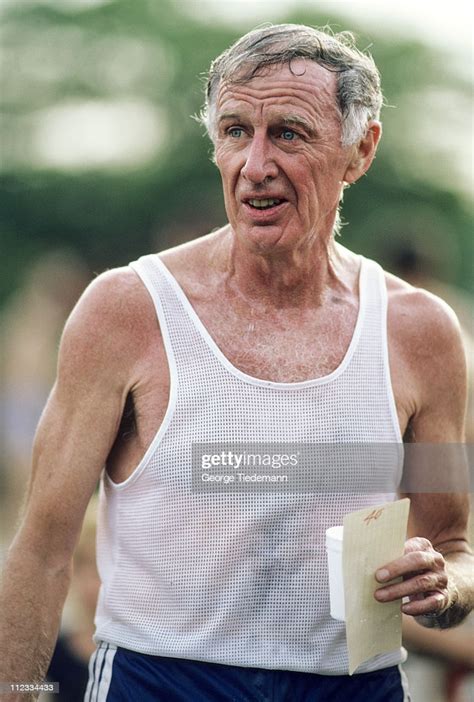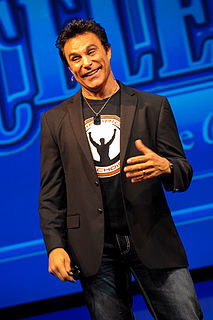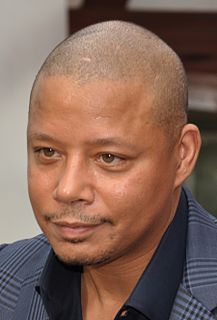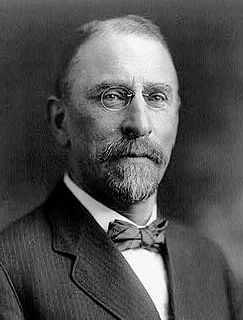A Quote by Rick Famuyiwa
Anita Hill has changed the history of how we deal with each other in the workplace. But it also was an interesting episode in how race and the history of race converged in this moment and got used and twisted and interpreted in all kind of ways.
Related Quotes
No matter how old I get, the race remains one of life's most rewarding experiences. My times become slower and slower, but the experience of the race is unchanged: each race a drama, each race a challenge, each race stretching me in one way or another, and each race telling me more about myself and others.
I grew up poor and white. While my class oppression has been relatively visible to me, my race privilege has not. In my efforts to uncover how race has shaped my life, I have gained deeper insight by placing race in the center of my analysis and asking how each of my other group locations have socialized me to collude with racism.
No man will treat with indifference the principle of race. It is the key to history, and why history is often so confused is that it has been written by men who are ignorant of this principle and all the knowledge it involves. . . Language and religion do not make a race--there is only one thing which makes a race, and that is blood.
I would have said that during the early days of my life there was never a moment when I wasn't fit. We worked extremely hard on the beekeeping line, and both my brother and I used to compete, particularly when we were collecting honey. We would each have an 80-pound box of honey and we would race up the hill on the Tuakau track and race back down. We just raced all the time, and we used to keep very fit indeed.
When I went to high school - that's about as far as I got - reading my U.S. history textbook, well, I got the history of the ruling class. I got the history of the generals and the industrialists and the presidents that didn't get caught. How 'bout you? I got all of the history of the people who owned the wealth of the country, but none of the history of the people that created it.
When the Turkish authorities gave the orders for these deportations, they were merely giving the death warrant to a whole race; they understood this well, and, in their conversations with me, they made no particular attempt to conceal the fact… I am confident that the whole history of the human race contains no such horrible episode as this. The great massacres and persecutions of the past seem almost insignificant when compared to the sufferings of the Armenian race in 1915.
We should emphasize not Negro History, but the Negro in history. What we need is not a history of selected races or nations, but the history of the world, void of national bias, race, hate, and religious prejudice. There should be no indulgence in undue eulogy of the Negro. The case of the Negro is well taken care of when it is shown how he has far influenced the development of civilization.
I feel history is more of a story than a lesson. I know this idea of presentism: this idea of constantly evoking the past to justify the present moment. A lot of people will tell you, "history is how we got here." And learning from the lessons of history. But that's imperfect. If you learn from history you can do things for all the wrong reasons.






































